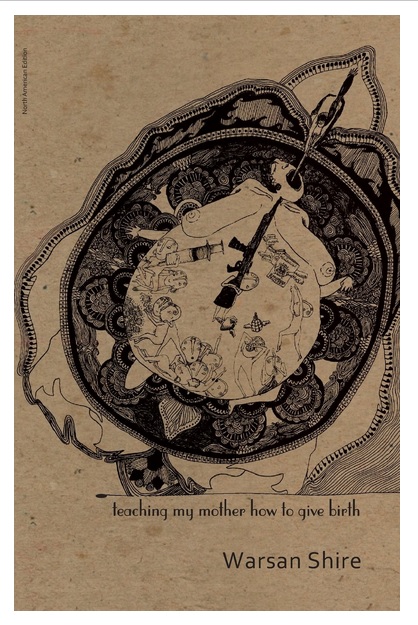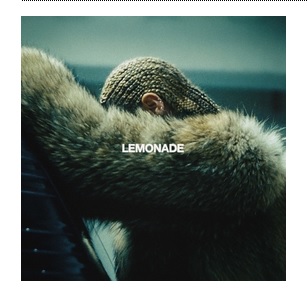Poetry Communities: Who’s Local? Who’s Trespassing? Who Cares?

It’s not difficult to find non-academics reading fiction. Most people I know, in all varieties of professional fields, read novels. Finding poetry readers, however, is another task. Whether by the fault of community pretensions or self-fulfilling prophecies, many readers today see poetry with a big yellow warning attached to it—a warning that suggests something to the effect of ‘local traffic only.’ Poetry, they assume, is for insiders. But what happens when that sign is trespassed?
Last April, Beyoncé’s visual album Lemonade trespassed that sign, pulled poetry out of its locality, and put it right in the center of pop culture. Though the music and dancing in the video lived up to expectations, the spoken poetry in between the songs is what the New York Times deemed “the backbone of Beyoncé’s album.” To mistake Beyoncé for a poet would have been silly before Lemonade—but in truth, it was a confusion many had after hearing the smooth, deep, and familiar voice of one of America’s most beloved pop stars deliver poetry that made us tingle. “I tried to make a home out of you,” Beyoncé says in a near whisper during a break in the first song, “but doors lead to trap doors, a stairway leads to nothing. Unknown women wander the hallways at night. Where do you go when you go quiet?” No, Beyoncé the singer, dancer, celebrity, activist, is not a poet—she just has good taste in poetry.

The spoken word interludes featured in Lemonade, in fact, are the poetry of the young Somali British poet, Warsan Shire. Shire received her first round of press attention in 2013 when she was announced the first ever Young Poet Laureate in London. This honor, along with the 2013 Brunel University International African Poetry Prize, put Shire on the map of contemporary poetry in a way most 20-something poets would dream of, but wouldn’t count on. Of course, these honors and their accompanying press attention helped Shire get a foot into the spotlight, but much of the early interest in Shire’s poetry came from her online presence, on Tumblr (though her Tumblr no longer exists), on Twitter, even Bandcamp. Until Lemonade, Shire was known mostly by her digital audiences—Lemonade sparked that same attention in a much larger audience (see NPR, The New York Times, and Vogue).

The instant and intuitive interest in Shire’s poetry following Lemonade (and indeed it was instant, Shire’s first chapbook, Teaching My Mother How to Give Birth, sold out on Amazon within hours) raises several important questions about poetry and its often insular community: First, who is poetry really for? What happens when poetry becomes a part of the popular culture and reaches an audience far bigger than its own? What happens when that audience is genuinely interested? It is my experience that some poetry lovers, though they complain that not enough people read poetry, might also be afraid of poetry becoming too popular, too common. Yet, who is poetry’s elitism serving? And what are the larger consequences of that elitism? Though the answers to these questions are beyond this blog post, they are at the forefront of the digital age in which self-publication platforms like Twitter, Tumblr, and Medium consistently trespass the boundaries of poetry’s elitism.
Who will be the poets of the next generation? There are many, even on the inside of the poetry community, who are hopeful about all the opportunities for fresh voices. In an interview last year, Eileen Myles spoke fondly of the place poetry is beginning to occupy in the digital age. According to Myles, “…the [poetry] notebook is open—girls, and girlboys, young people and older people and all kinds of people are writing in it. Something special, mortal, cheap and fun, a new way of being smart and fast—it coincides with texting, and social media—it’s a leaky, glittering sort of form. I think it’s really hot right now. I feel like that’s what I’m witnessing […] And it makes me really happy.”
Whether poetry’s new “leaky, glittering sort of form” appears in the context of a popular visual album like Lemonade, or on the Tumblr pages of young poets like Warsan Shire, it’s shifting the boundaries of the poetry community and inviting new members in—members who are changing what it means to be a poetry ‘local.’
—Ashley Call
Share